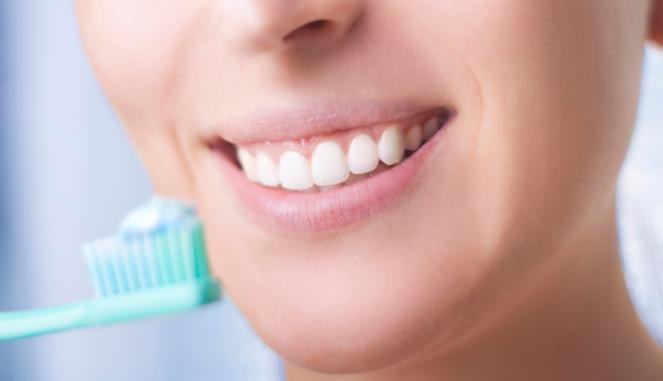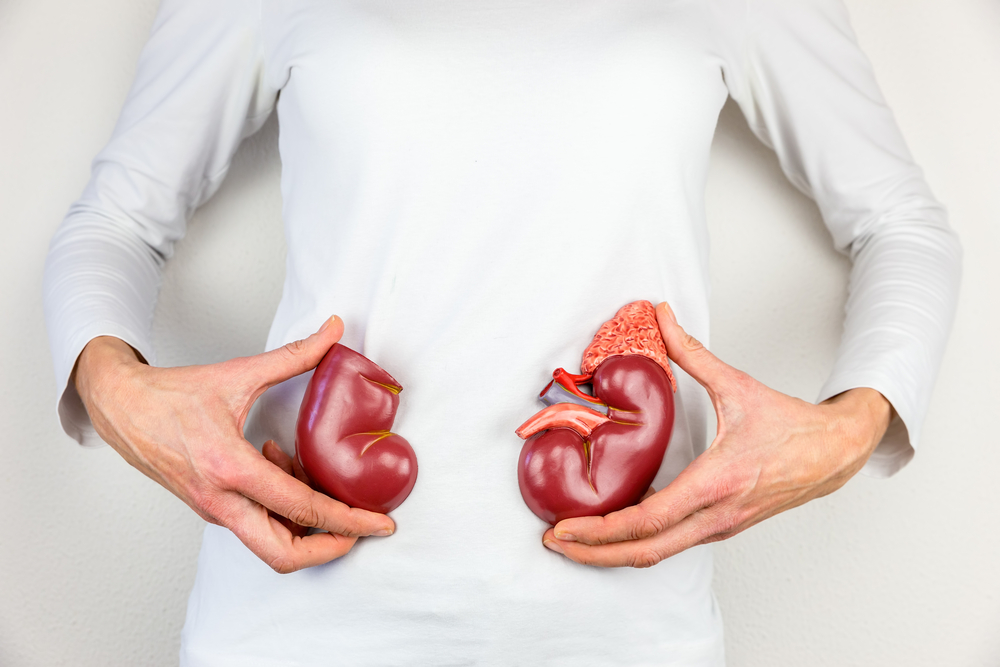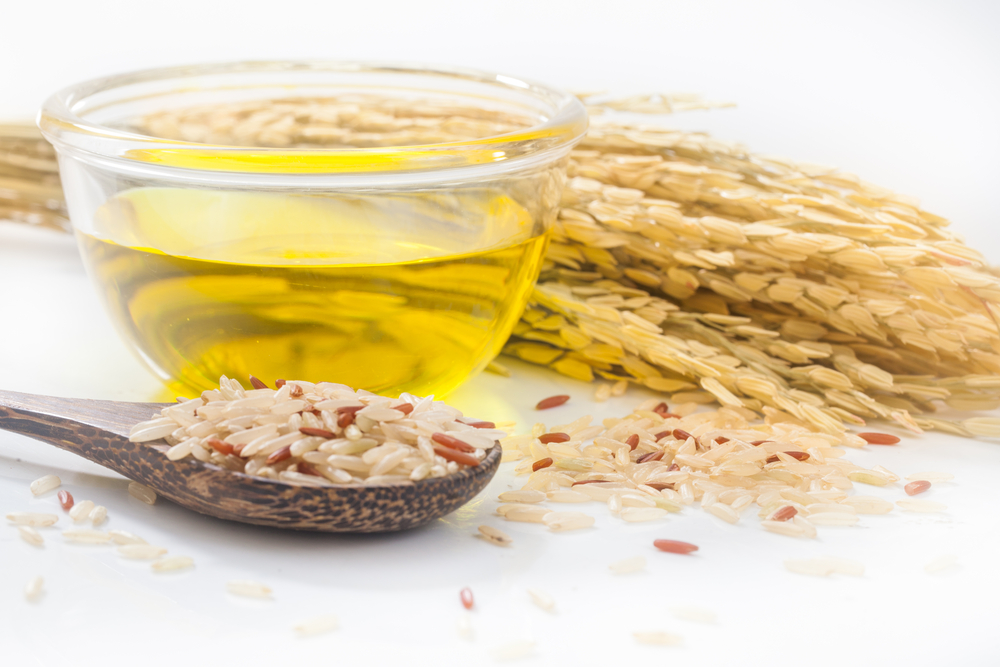Contents:
Medical Video: What Breaks a Fast and What Does NOT Break a Fast - The Official Video
If you often experience bleeding gums during fasting, maybe this can be caused by trivial things, such as the technique of brushing teeth that is not right. On the other hand, bleeding gums can also be a sign of certain health conditions that you need to see a doctor. Read on to find out what causes your bleeding gums during fasting.
What are the causes of bleeding gums during fasting?
1. The habit of brushing teeth is not right
Bleeding gums can be caused by some erroneous habits when brushing your teeth, such as rarely brushing your teeth or brushing your teeth too hard. It is rare for a toothbrush to eventually produce plaque that builds up on the surface of the tooth, which can then harden to form tartar.
Plaque buildup on the teeth increases the risk of inflammation of the gums, which is characterized by bleeding gums. The habit of brushing your teeth too hard with the movement of rubbing back and forth can also cause trauma to the gums which are marked by swollen gums and can bleed. Brushing your teeth with rough and hard bristles can also cause bleeding gums.
2. Stress
High levels of stress can affect your oral health in various ways. First, stress increases swelling in your body, which makes your gums more likely to bleed. Too much psychological stress also blocks the performance of your immune system, making it harder for your body to fight infection and to heal quickly.
3. Is pregnant
Some pregnant women no doubt subscribe to swollen and bleeding gums when brushing their teeth. In fact, about half of all pregnant women will experience gingivitis (inflammation of the gums characterized by bleeding) in the second trimester. Hormonal changes during pregnancy change the body's response to bacteria that cause gum disease. According to the American Pregnancy Association, bleeding gums will return to normal after pregnancy.
Regular dental check-ups at the doctor and proper brushing can help prevent gum problems from getting worse. If you already have gum disease, you need professional medical care to reduce the risk of complications such as preeclampsia and preterm birth.
4. Gingivitis
When dental plaque accumulates and causes bacteria to gather to gnaw at your healthy teeth, the gums can become inflamed and then bleed. This is called gingivitis. Gingivitis is often ignored because it usually doesn't hurt and doesn't show any symptoms, unless you notice blood stains on your toothbrush or throw away saliva when gargling.
If left untreated, gingivitis can develop into a more serious infection, known as periodontitis - a critical infection characterized by the destruction of gum tissue and shaky teeth. Gingivitis and periodontitis are the main causes of easily loose teeth in adults.
Fortunately, gingivitis can be repaired and can really be avoided by practicing better dental hygiene, as well as regular visits to the dentist to maintain the overall health of your teeth and mouth.
5. Smoking
Smokers have a higher risk of developing various types of gum disease, such as periodontitis. Inhaled smoke can leave toxic plaque on the surface of the tooth that can be difficult to remove even through a qualified oral hygiene routine. These toxins can then cause inflammation of the gums to become more severe and bleed. Smokers also have damaged immunity so they are susceptible to infection, and the severity is also difficult to heal.
After the gums show signs of bleeding, harmful bacteria that live between the teeth and gum line can enter the body through gums in the wound by riding in the bloodstream. Bleeding gums during fasting allow harmful bacteria to start inflammation and disease in other parts of the body. This can wreak havoc on every organ in the body, especially the heart and blood vessels.
6. Unhealthy and breaking fast food
Eating processed foods not only makes the stomach bulge, but also can threaten the health of your mouth and teeth. Processed packaged foods usually contain high salt, fat, and sugar. Too much bad fat in the body can increase the risk of oxidation and inflammation in the body. Eating too much sugar can also cause diabetes. All of these factors indirectly contribute to your chances of experiencing bleeding gums during fasting.
The key is to balance the meal menu and break your fast with at least six to eight servings of fresh fruit and vegetables, along with multivitamin C and D supplements and calcium and magnesium. A healthy diet increases the work of the entire immune system and nourishes the soft tissues in the mouth, the most vulnerable area in the body.
7. Your teeth and jaw structure are not normal
If you have teeth that are not flat, overlapping, overcrowded, or your jaw structure is not right (biting, aka underbite or overbite), you may experience bleeding gums. So is the habit of grinding teeth (bruxism).
An abnormal tooth or jaw structure makes you prone to clenching your teeth too hard in one area, causing the gums to recede and the strength of the teeth to deteriorate. This painful condition of the gums can be the main gate for bacteria to enter and gnaw at your gums.
The size of dentures that do not fit can also cause the gums to bleed.
8. Other underlying conditions
Other causes of bleeding gums can originate from the disease you currently have, including diabetes, bleeding diseases (eg leukemia, thrombocytopenia, idiopathic thrombocytopenia purpura / ITP, hemophilia), cirrhosis, or pernicious anemia. Vitamin K and vitamin C deficiency can also cause bleeding gums during fasting.












